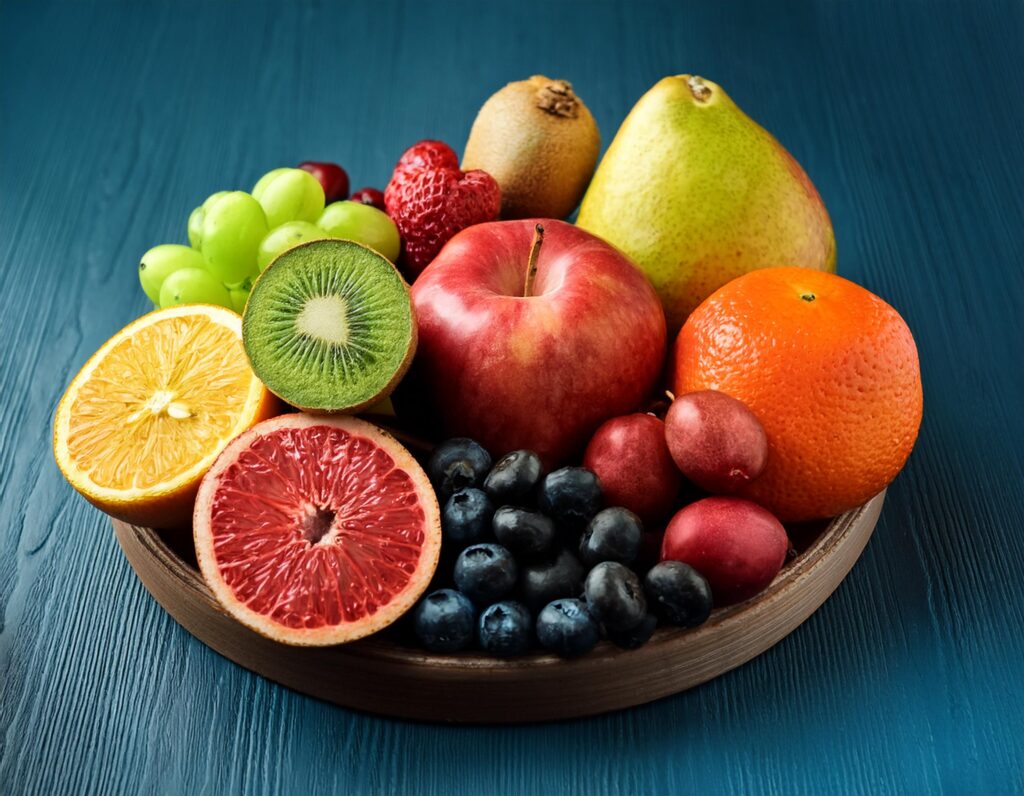Diverticulitis is a digestive condition that develops when small pouches, called diverticula, form in the colon walls and become inflamed or infected. Navigating fruits during diverticulitis flare-ups involves knowing what to avoid and why. While a high-fiber diet that includes fruits is generally beneficial for digestive health, certain fruits can worsen symptoms during flare-ups. This article outlines the fruits to avoid during these episodes, explains the reasons they may cause discomfort, and offers tips for safely reintroducing fruits as symptoms improve.
Understanding Diverticulitis and Diet
A balanced diet plays a crucial role in managing diverticulitis. Fiber is essential because it helps regulate bowel movements and prevents constipation, which can contribute to the formation of diverticula. However, during a flare-up, high-fiber foods can irritate the digestive tract, exacerbating symptoms such as abdominal pain, bloating, and diarrhea. Consequently, a low-fiber or clear liquid diet is often recommended until symptoms improve.
Fruits to Avoid During a Flare-Up
While fruits are generally healthy, certain varieties can be problematic during a diverticulitis flare-up due to their fiber content, seeds, or fermentable carbohydrates. Below is a detailed list of fruits to avoid and the reasons why:
1. Apples and Pears
- Reason to Avoid: Both apples and pears are high in fiber, particularly insoluble fiber, which can be difficult to digest during a flare-up. They also contain fermentable carbohydrates that may increase gas and bloating.
2. Raspberries, Blackberries, and Strawberries
- Reason to Avoid: These berries contain small seeds that can become trapped in diverticula, potentially causing irritation or infection.
3. Grapes
- Reason to Avoid: Grapes have a fibrous skin and small seeds that may be hard to digest, leading to increased discomfort.
4. Plums, Peaches, and Nectarines
- Reason to Avoid: These fruits are high in fiber and can cause bloating and gas, which may worsen symptoms.
5. Watermelon
- Reason to Avoid: Although watermelon is hydrating, it contains fermentable sugars that can lead to bloating and diarrhea.
6. Pineapple
- Reason to Avoid: Pineapple is fibrous and acidic, which can irritate the digestive tract.
7. Citrus Fruits (Oranges, Grapefruits, Lemons)
- Reason to Avoid: The acidity in citrus fruits can irritate the digestive system, and the pulp may be hard to digest.
Why These Fruits Cause Issues
Fruits high in fiber, seeds, or fermentable carbohydrates (FODMAPs) can exacerbate diverticulitis symptoms during flare-ups. Insoluble fiber, found in apples, pears, and berries, adds bulk to stool and can be hard to digest when the colon is inflamed. Seeds from berries and grapes may become lodged in diverticula, increasing the risk of irritation or infection. Additionally, fermentable carbohydrates found in watermelon and apples can cause gas and bloating, intensifying discomfort.
Recommended Dietary Approach During Flare-Ups
During a diverticulitis flare-up, a low-fiber or clear liquid diet is typically recommended to give the digestive system time to heal.
- Clear broths
- Gelatin
- Applesauce (without added sugar)
- Bananas (ripe and mashed)
- Canned peaches or pears (without skin)
Reintroducing Fruits After a Flare-Up
Once symptoms subside, gradually reintroduce fruits that are easier to digest:
- Bananas (ripe and soft)
- Cantaloupe
- Honeydew melon
- Papaya
- Cooked or canned fruits without skin
Tips for Managing Diverticulitis
- Stay Hydrated: Drinking plenty of water helps soften stool.
- Eat Smaller Meals: Reduces pressure on the digestive tract.
- Chew Thoroughly: Aids digestion and reduces irritation.
- Avoid Processed Foods: May contribute to digestive issues.
Fruits to Avoid During Diverticulitis: Conclusion
While fruits are essential for overall health, certain varieties should be avoided during diverticulitis flare-ups. Apples, pears, berries with seeds, grapes, and citrus fruits can cause discomfort due to their fiber, seeds, and acidity. During flare-ups, a low-fiber or clear liquid diet is recommended. As symptoms improve, gradually reintroduce low-fiber fruits and monitor your body’s response. Consult a healthcare professional to create a personalized dietary plan.

